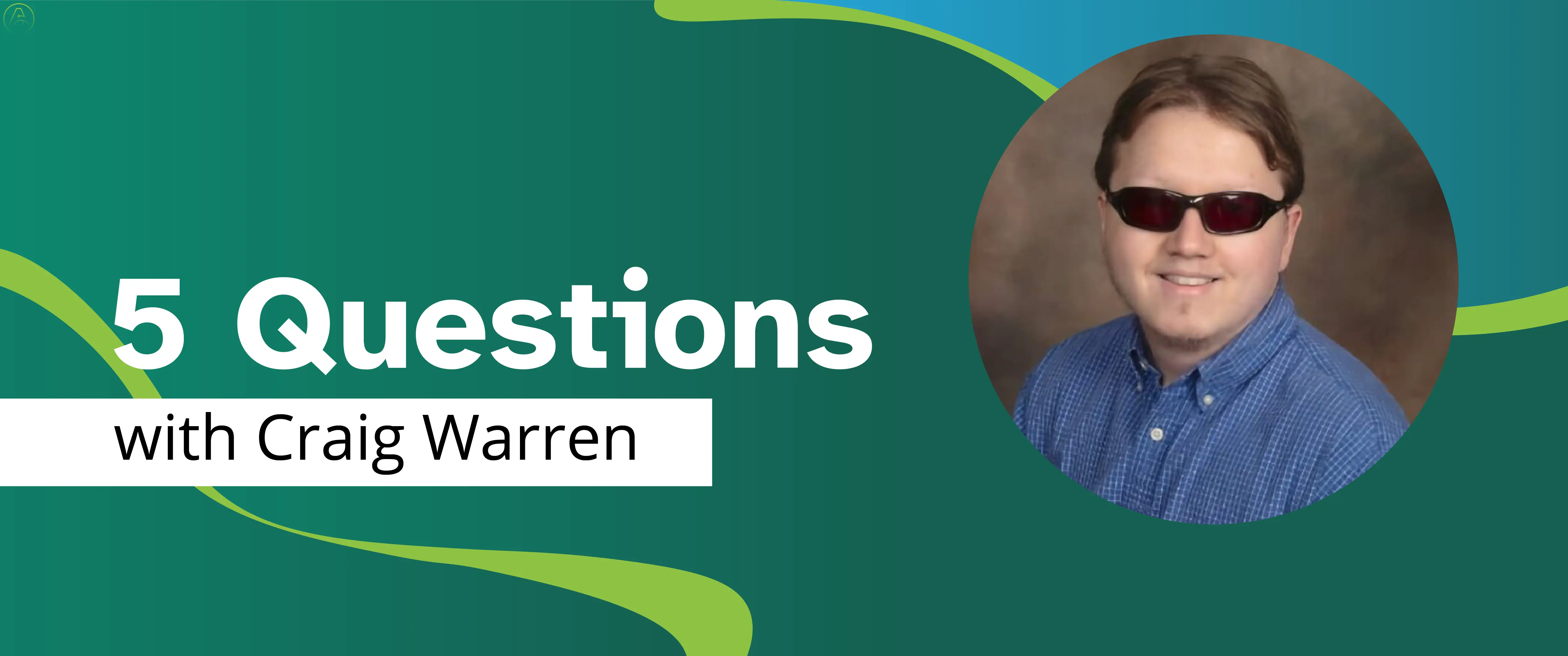When someone stops talking, it needs to be talked about. Muteness, also called mutism, is a medical condition in which someone loses the ability to speak. The causes can range from physical health issues to psychological conditions, but many forms of muteness share the same early symptoms. In this article, Ability Central addresses the symptoms and early signs of muteness, answering questions like:
What are the early symptoms of muteness?
What is the difference between selective mutism (SM) and autism?
What are the different kinds of anxiety, and how do they relate to mutism?
What is the difference between a developmental delay and childhood mutism?
When should I see a doctor about mutism in adults?
Where can I get more information about muteness?
What are the early symptoms of muteness?
The first signs of muteness may include:
Unusual silence that interferes with work or school.
Social anxiety.
Periods of not speaking that last over a month.
Difficulty making eye contact.
Other communication difficulties, particularly in people who used to be vocal and suddenly are not.
What are the different types of muteness?
Most cases of muteness fall into one of four categories:
* Selective mutism, in which a person has the physical ability to speak but feels unable to. The early signs of selective mutism include being able to speak at home but not in social or public settings.
* Cerebellar mutism, muteness following surgery to remove a brain tumor. According to [The Childhood Brain Tumor Foundation](), it is not uncommon for the child to speak a few words after brain tumor surgery and then the next day be unable to produce words.
* Organic mutism, which follows a brain injury like a [stroke]() or drug abuse.
* Aphasia, which makes speech difficult or impossible after a head injury, a stroke, or the growth of a brain tumor.
What is the difference between selective mutism and autism?
Both selective mutism and [autism spectrum disorder (ASD)]() can prevent someone from being vocal. With selective mutism, however, the person acts differently depending on the setting. When they are uncomfortable, they are mute, but when they are comfortable, they have fairly typical social interactions and communication skills.
On the other hand, people with autism tend to have difficulty communicating regardless of the setting. It is possible to have both ASD and selective mutism, and the two disorders share many symptoms like difficulty making eye contact, difficulty making friends, or heightened sensory sensitivities.
What are the different kinds of anxiety, and how do they relate to mutism?
Selective mutism, the most common form of muteness, is usually caused by anxiety. [Anxiety]() is a feeling of fear, dread, or uneasiness. Someone with anxiety might feel restless or tense, have a rapid heartbeat when sitting still, or have nervous sweats, both within and outside of stressful situations. Sometimes, these symptoms can be so severe that they lead to muteness.
Anxiety is broken into several categories.
Social anxiety disorder (SAD) describes extreme nervousness in any social setting. This includes both one-on-one settings and large groups.
Generalized anxiety disorder (GAD) involves excessive feelings of anxiety or worry that have nothing to do with social settings. The person has these feelings whether alone, with one person, or in a group.
Panic disorder causes sudden, repeated periods of intense fear, called panic attacks. Panic attacks, which might include symptoms like hyperventilating, crying, and rocking, often happen quickly and can last for several minutes.
Phobia causes the person intense fear even when there is no actual danger. A person can have a phobia about anything, like spiders, traveling, or standing in a crowded space.
A person with severe anxiety may have such intense fears that they feel unable to speak. This is called selective mutism.
What is the difference between a developmental delay and childhood mutism?
Most children have predictable developmental phases. When a child’s progression through these phases slows, stops, or reverses, they are considered to have a developmental delay.
While developmental delays can be an [early sign]() of mutism, they may also point to other diagnoses, including:
Expressive language disorder
Receptive aphasia
If a child misses communication milestones like learning to smile, laugh, or talk, parents should talk to their pediatrician. Your family doctor may refer you to a specialist like a speech-language pathologist (SLP) to explore the symptoms and rule out other possible diagnoses.
If you need help getting a diagnosis, a great place to start is with your child’s school, to find out if their teachers have noticed similar symptoms. Your pediatrician is also an excellent resource for testing, treatment, and specialist referrals.
If you’re not sure where to start, use Ability Central’s Service Locator tool to find an organization near you. We maintain a database of nonprofits dedicated to communication disorders like muteness. These organizations can help a person who is mute with diagnosis, treatment, and legal matters.
When should I see a doctor about mutism in adults?
See a doctor about selective mutism in adults if:
It gets in the way of doing your work, maintaining friendships, or completing tasks.
You have symptoms of depression.
The symptoms aren’t improving.
What should I do to prepare for the doctor's appointment?
The diagnostic process for mutism may include the following:
A screening to rule out hearing challenges
A discussion of personal and family histories, including medical histories and recent trauma
A speech-language evaluation
Additional health screenings to rule out other diagnoses
Where can I get more information about muteness?
To learn more about mutism, see:
To connect with a reputable non-profit that can help you understand your options, see the Ability Central resource database.



